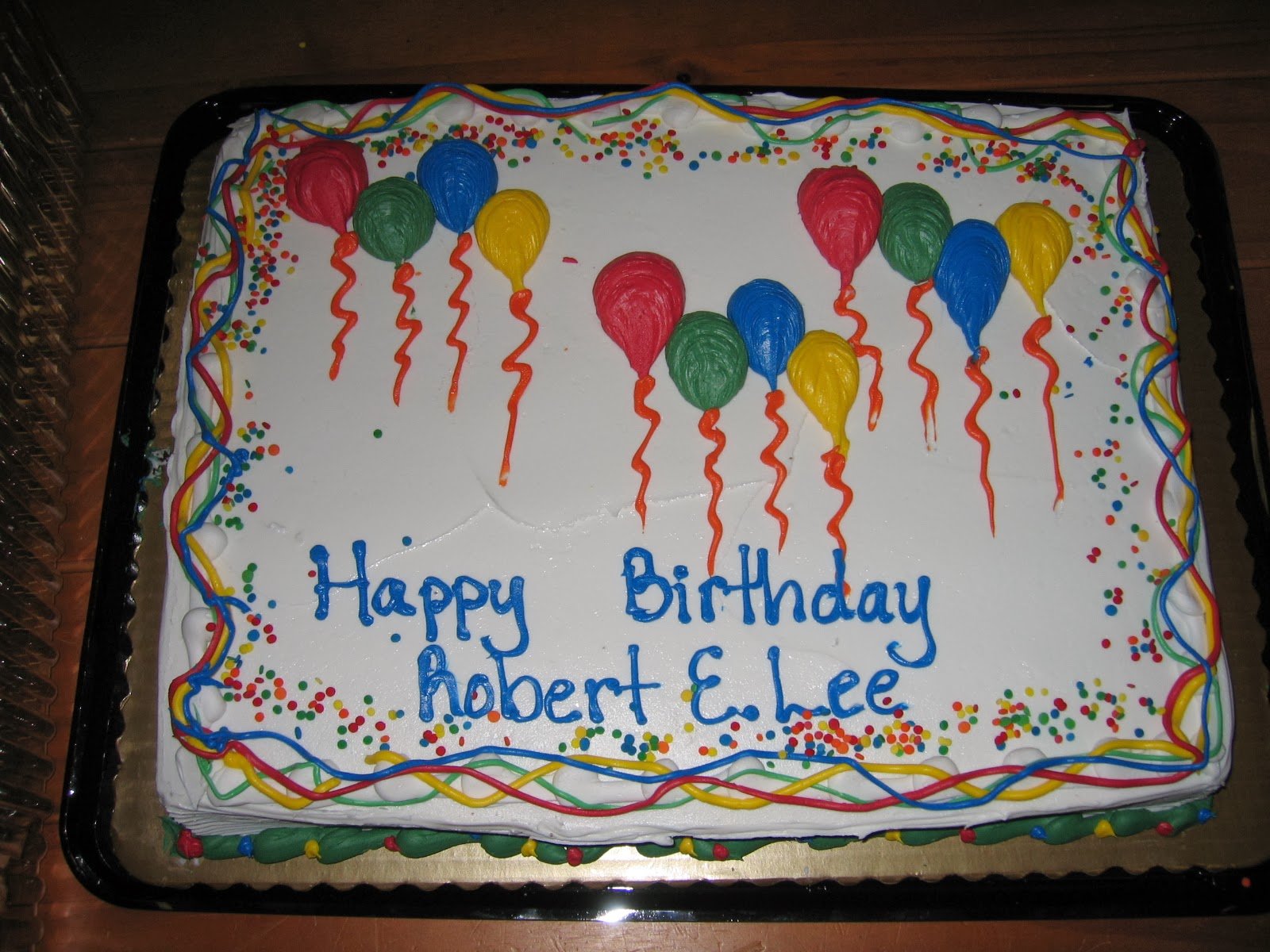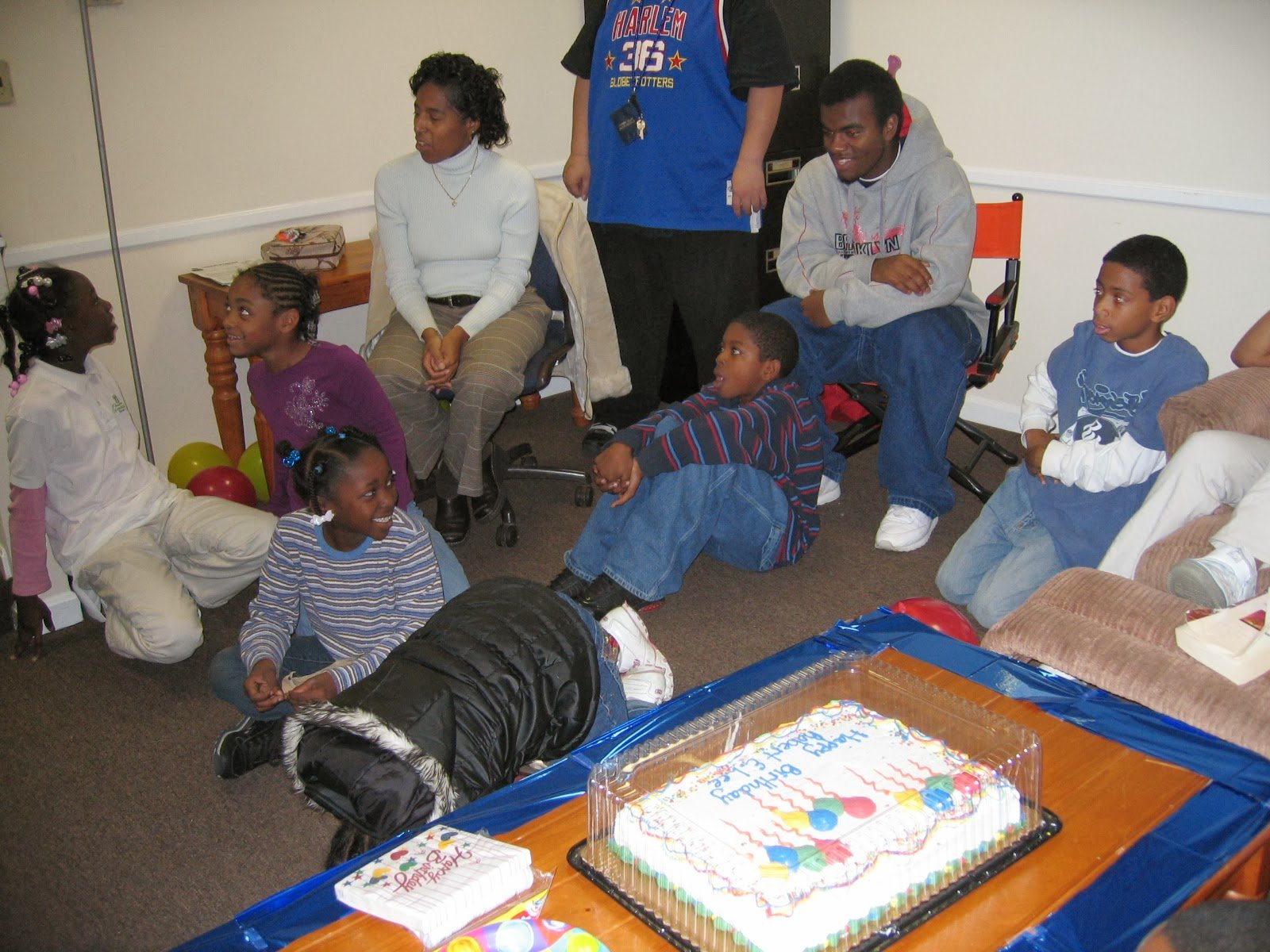Robert E. Lee
Family Court was my daily home for fifteen years. The cases all run into each other, so it’s hard to remember what really happened, perhaps like a basketball game where all the details get lost in the big picture of who won or lost. In Family Court, yesterday’s surprises were usually forgotten because of today’s shockers. Eventually, you forget them all. But there are exceptions. Like Robert E. Lee.
Two things made him unforgettable. One, his name, even though the young man had never even heard of his famous namesake. Two, his age. He was twelve (12). This was in “Status Court”, a civil juvenile court intended to help kids who run away from home, or were simply uncontrollable at home, or habitually truant. In essence, this courtroom scene is often the opening act of a criminal future for many young people in Kentucky. Robert had run away from home, been picked up by the sheriff, and now stood in front of me. He was the youngest child to ever appear in my court. The small, bespectacled Robert was too young to even have pimples, let alone whiskers.
His mom was an addict, and his dad had been in prison for years. The boy was brought out of the ‘hold-over’. His “grandma”, who was probably no more than thirty, and whose name I have forgotten, came in from the hallway door.
"Robert E. Lee?" I asked with a smile after looking at his birth date in the record, “Is this your birthday?” I noted from the case notes that he had a twin sister who was in foster care somewhere.
“Yes, sir,” he replied, looking glum and annoyed.
“So you’re twelve today. Who is with you?”
“My grandma.”
I turned to the lady. “What is your name, ma’am?” She told me, but it was not Lee, so I knew something was awkward.
“If you don't mind me saying so, you don't seem old enough to be a grandmother.”
“Well, I'm not really his grandma. I guess you could say I am his grandpappy's girlfriend.” She smiled a rather embarrassing smile.
“Okay. And where is Robert's grandfather today?”
“He couldn't be here. He's not feeling well lately.”
“Okay, Robert, do you know why you're here?”
“Yes,” he said. Then, after a pause, “Umm, not really." He knew he was in trouble, but was not sure what was going on.
"I'm going to read to you the charges then. And I am appointing a lawyer to represent you. That is the young lady sitting next to you right now.”
She reached over, smiled, and handed Robert her card. She was fresh out of school and ready to save every kid in the world. Good for her. That’s how you’re supposed to be before you become cynical, sitting through years of failures and disappointment.
“This document has been signed by your grandfather, charging that you ran away from home for more than seventy-two hours. Most recently, you were gone from Wednesday night until you were picked up by the sheriff on Sunday night this week. In addition, you've been ‘beyond control of your parents or guardians,’ which is a specific charge stating that you refused to follow orders at home, refused to come home when you're supposed to be there, refused to go to school, and even refused to get out of bed in the morning. He also states that you have killed the family cat and burned down a shed behind the trailer. There's more, but that's enough for now. You understand?”
"Yes, sir."
"For now, I'm signing an order that requires you to do some basic things. One, go to school every day. Two, make passing grades. Three, obey all rules of your home, including any curfew set by your grandfather. Four, cooperate with the social workers. That would be the lady right over there in the red sweater.”
Robert turned to look at the lady sitting on his left near the wall. She nodded and smiled. By my normal count, the system had about ten people, including me, working that day in hopes of saving one kid.
“Fine, we will drug-screen you today and then randomly, as requested by the social workers. Understand?
"Yes, sir."
"Grandma, if he violates any of these orders, you should call the social worker. You will have her phone number. In turn, if you call her, she will call me, and Robert could be picked up and put into juvenile detention. It is your obligation to make sure that this order is followed. In essence, he is under a form of house arrest, and you are the jailer. Understand?"
With a big smile, “grandma” said yes. Finally, someone was paying attention.
"Now, Robert, tell me, are you having a birthday party tonight?”
The confused kid looked as if I were speaking a foreign language. He scrunched his eyebrows, then hung his head. "No. We don't do birthday parties."
"Is that true? No party?" The grandma’s smile disappeared, and she shook her head.
I scanned the back row, and there was Aaron Mosely, sitting in his accustomed seat. He had spent time in a federal penitentiary on a drug conviction. Aaron was now fifty and worked for the local Youth for Christ, hoping to save some kids. He wasn’t a social worker. But whatever he did seemed to help kids graduate from high school. Jesus had saved him and now he was trying to save kids, mostly African- American like him. He came to my court every week for many years. No pay. Just the reward of helping some kids.
He always said that God had changed him eight years ago, and he was never going back to the streets. I referred dozens of kids to Aaron’s program for summer jobs, basketball, and tutoring.
"Aaron, it seems to me this boy needs a birthday party. Any chance you can pull that off?"
Robert E. Lee
Aaron consulted in whispers with one of his associates, gave me a ‘thumbs up’ and stood to his feet. "Judge, if this young man could be at 504 High Street at 5:30 p.m. this evening, we will have a party."
“Grandma, can you get Robert down here to the courthouse this evening at 5 p.m.?”
“Yes, sir.”
“Good. We can walk over together.”
After a long day in court, I was tired but excited about Robert’s twelfth birthday party. Grandma and Robert showed up right on time. We chatted in my office for a few minutes about his twin sister, Susan, whom he saw only once a month, if that. She was in foster care a hundred miles away. It was clear that he missed her. I even wondered if he stayed in trouble because he was hoping they would move him to the same foster home as his sister.
It was raining, so Robert and his grandma followed me to the party in their rust-eaten red Pontiac. The drive was just three minutes by car. When we walked in, we were greeted by a huge shout of "Happy birthday!" and the singing began. Robert was stunned. He even smiled. Grandma was speechless. Grandma and Robert and me were the only white people in the room.
Happy birthday cake
A big sheet cake said, "Happy Birthday Robert E. Lee," with twelve candles. A dozen black kids took turns lighting the twelve candles.
Robert’s new friends
Aaron and I shared a look, winking at the irony of underprivileged black kids giving a party for a little white boy named Robert E. Lee. None of them had any idea that the original Robert E. Lee was the General of the slaveholding Confederacy.
They gave him a basketball, several birthday cards, a gift card for Applebee’s, and two tickets to a UK basketball game. Robert E. Lee’s first birthday party, at age twelve, was a big success. And it is hard to know who was impacted the most. You never know what kids are thinking.
Later, as I was pulling out of the parking lot, feeling good about the party, I noticed two small legs underneath the old red Pontiac. Worried that something was wrong, I rolled down the window and asked if everything was alright.
“Oh yeah, Judge, that's just Robert under there,” said grandma. “We never can get this car started. He knows how to hotwire it. Thanks. We're fine."
Robert and a new friend
The story goes on and on. I am still not sure if I helped Robert or not with that party. He continued to get in trouble, but nothing major that I know about. About ten years later, we met again in court. I don’t even remember what it was- probably child support court since he had gone on to have kids of his own. No major crimes, but he was still dealing with the baggage of a bad childhood situation. He was still smiling.
He told me he remembered the party.
Me too.





